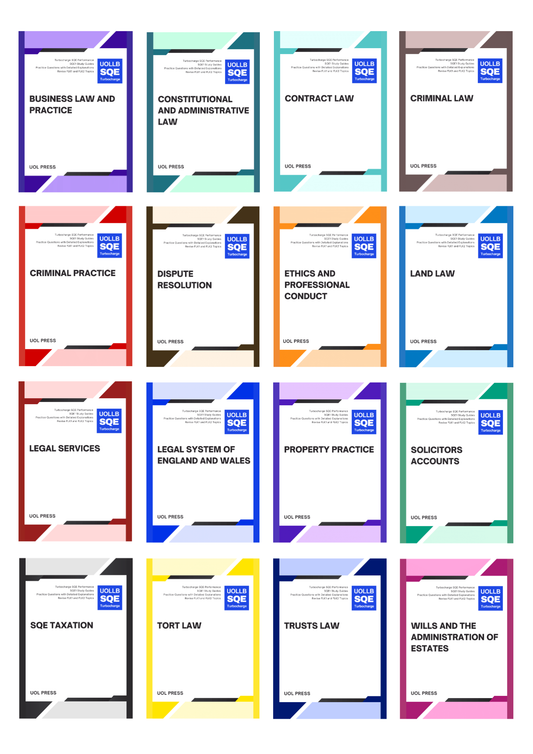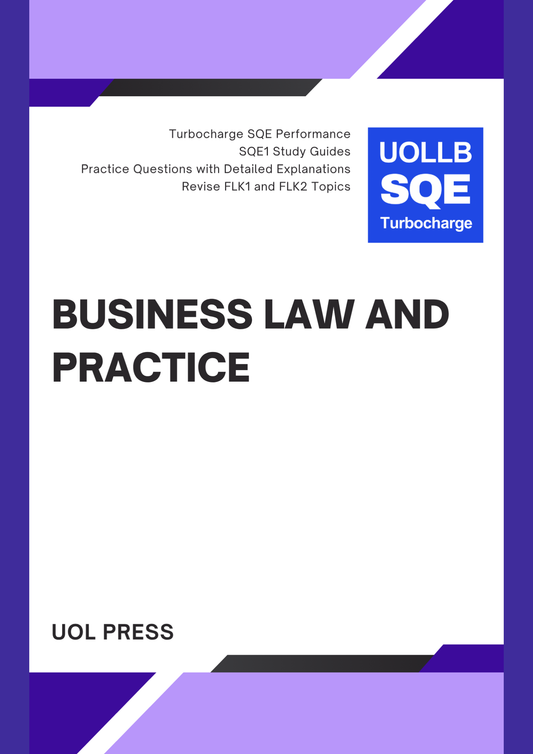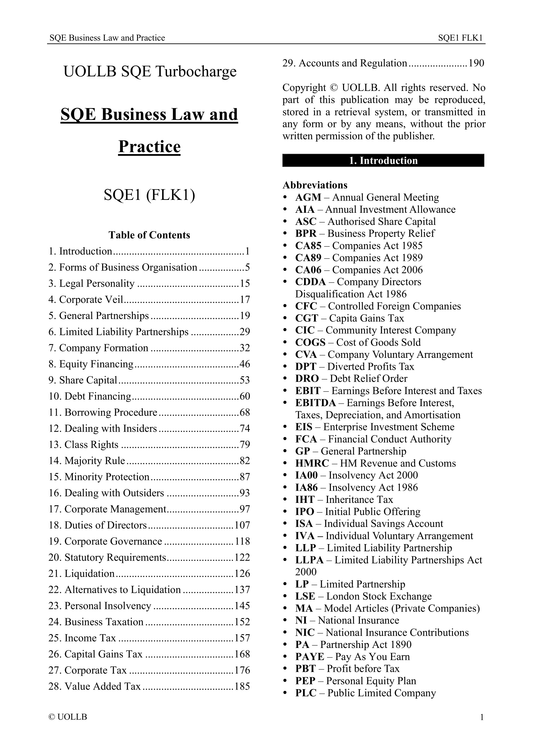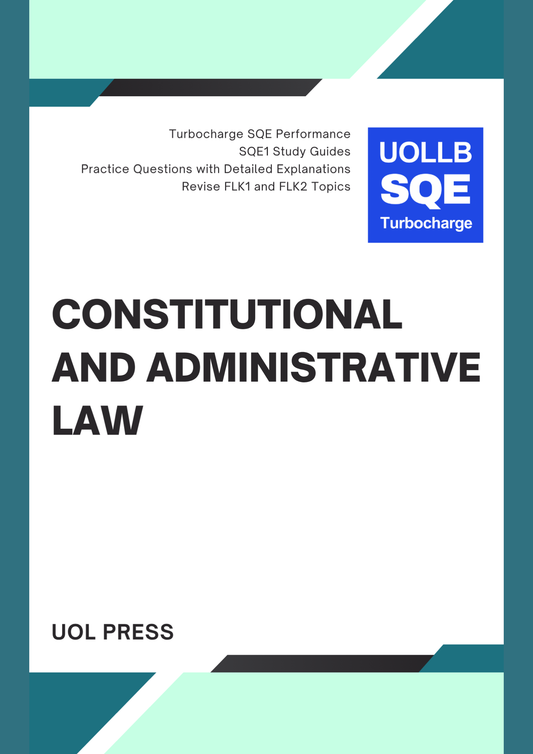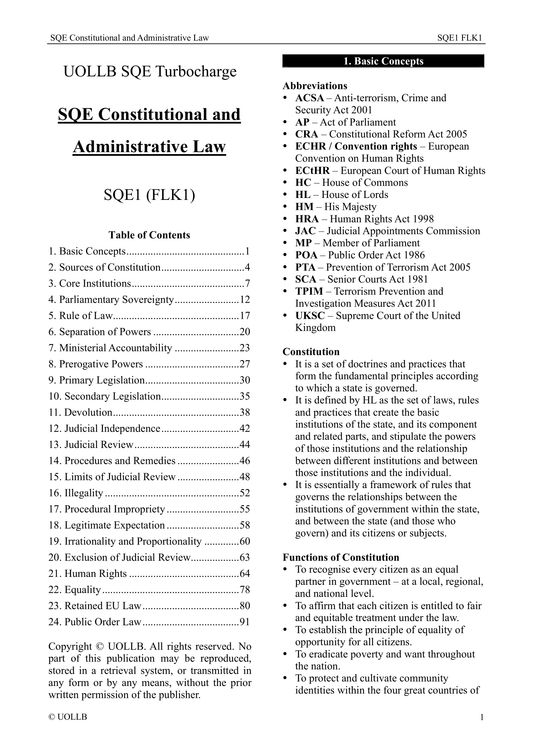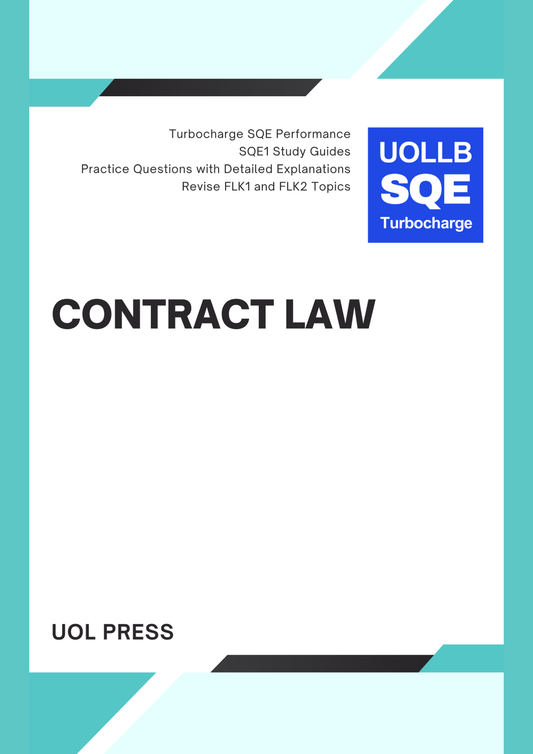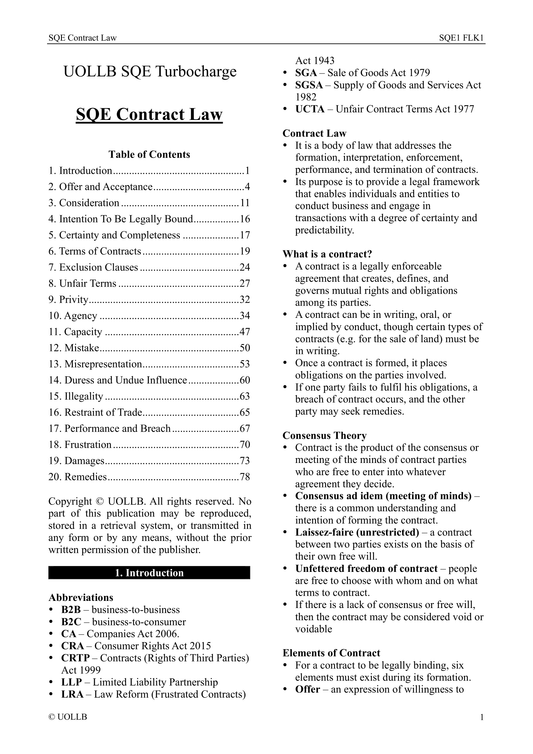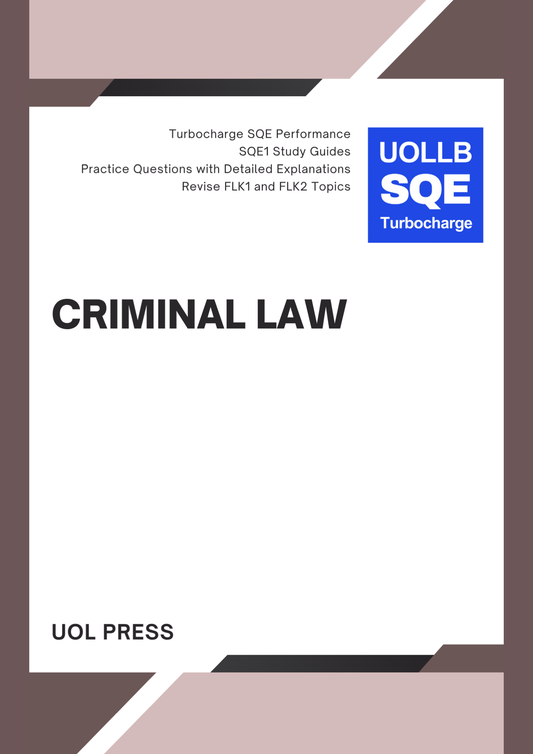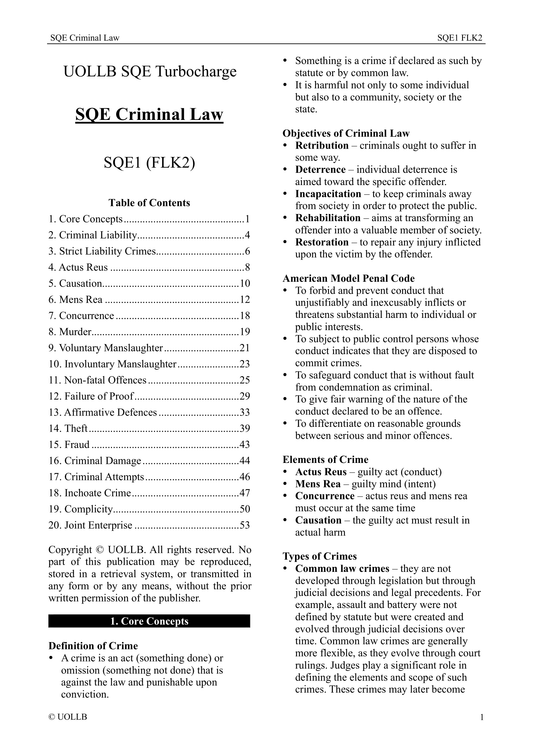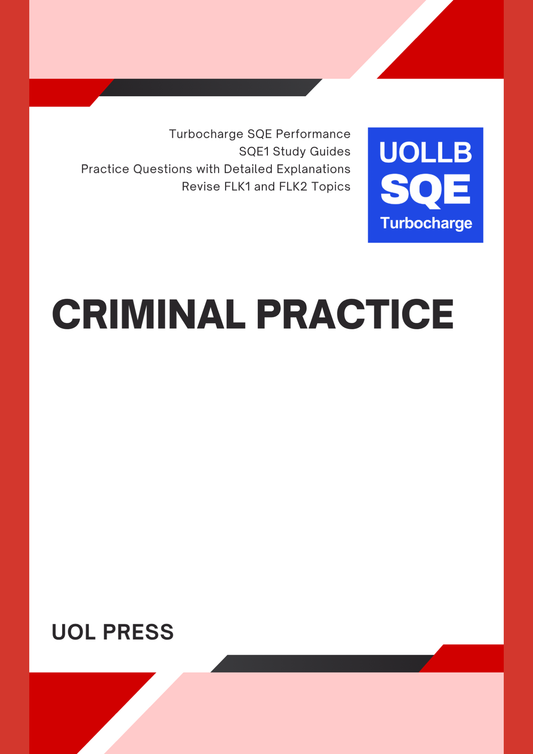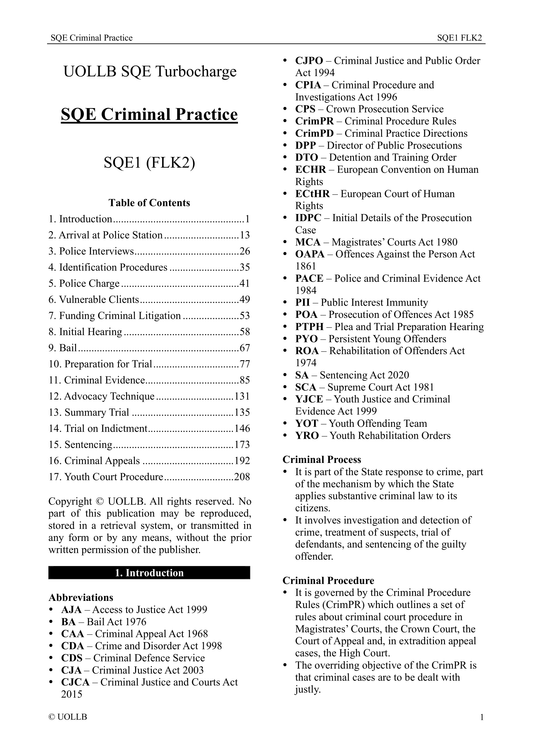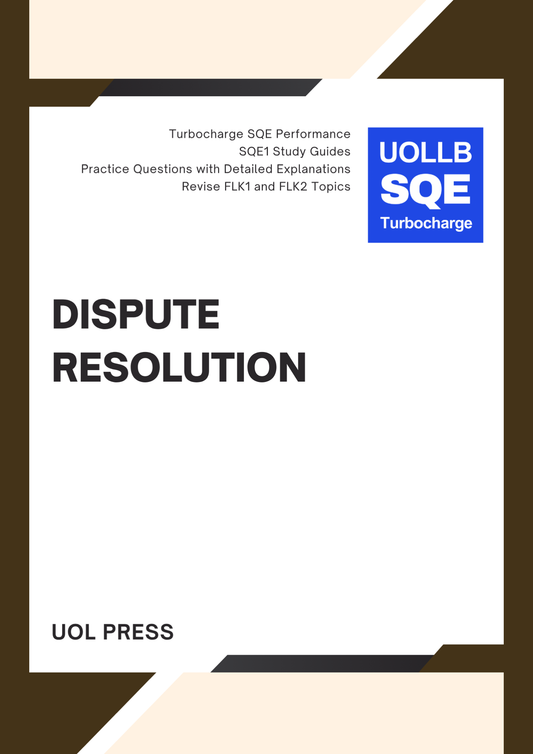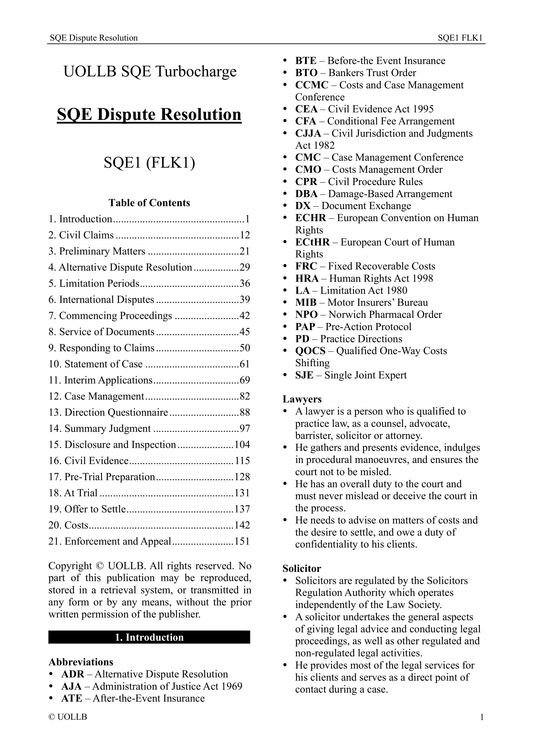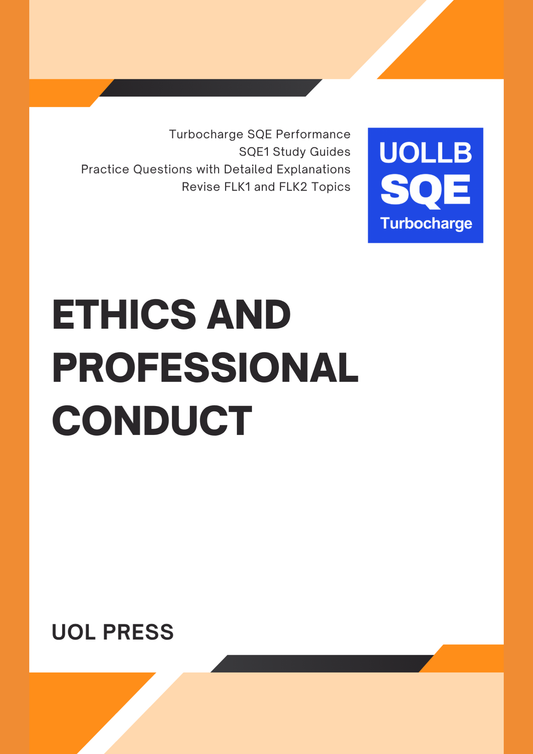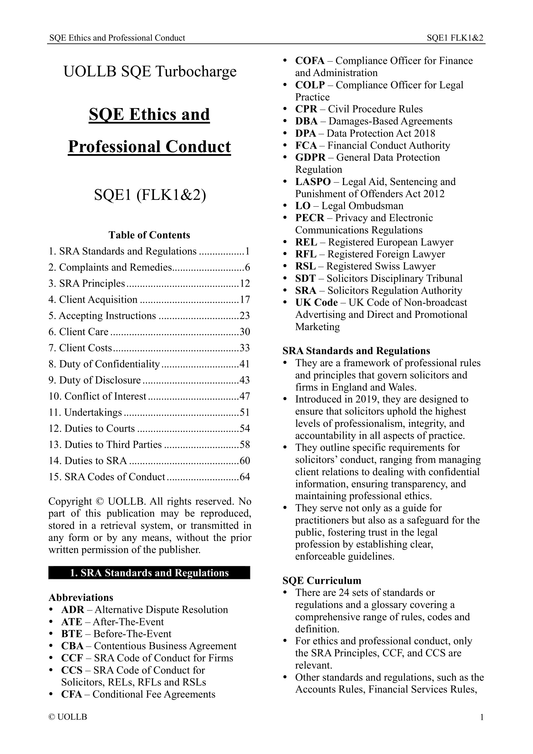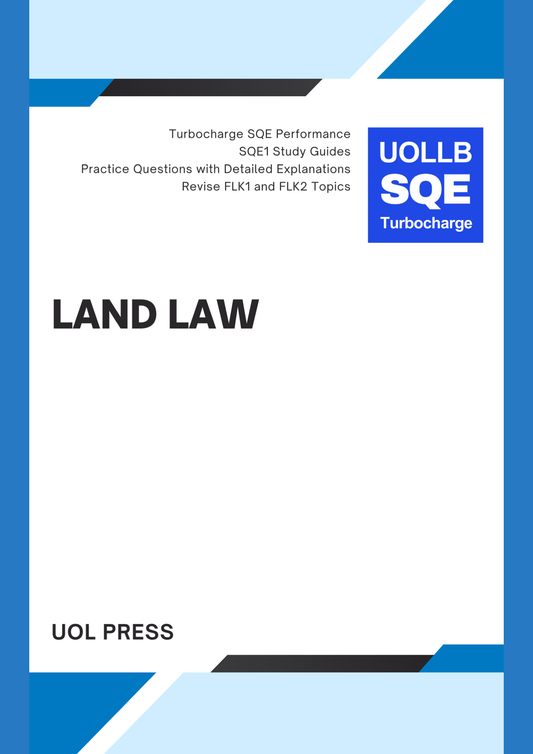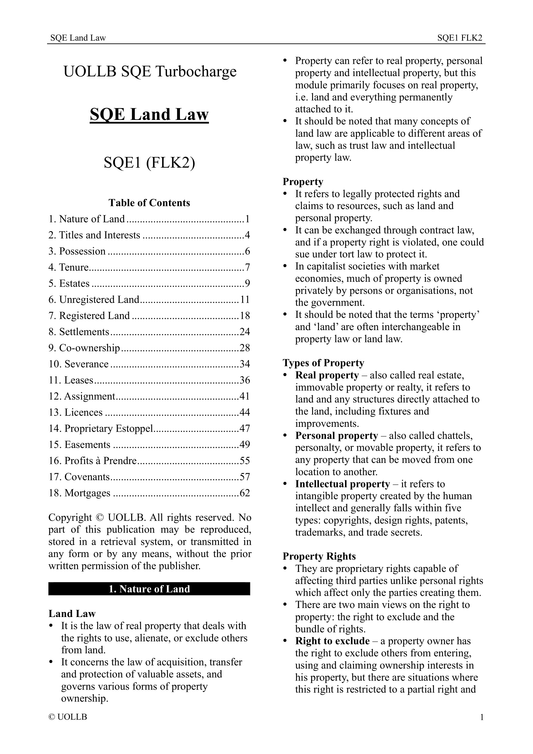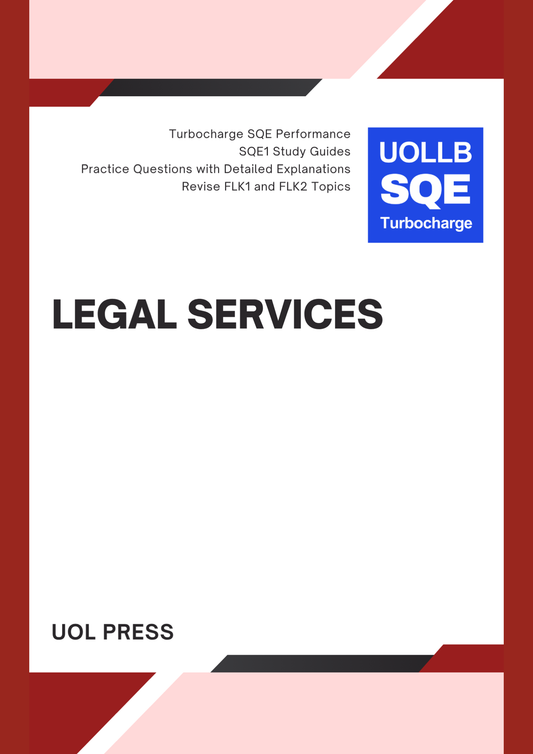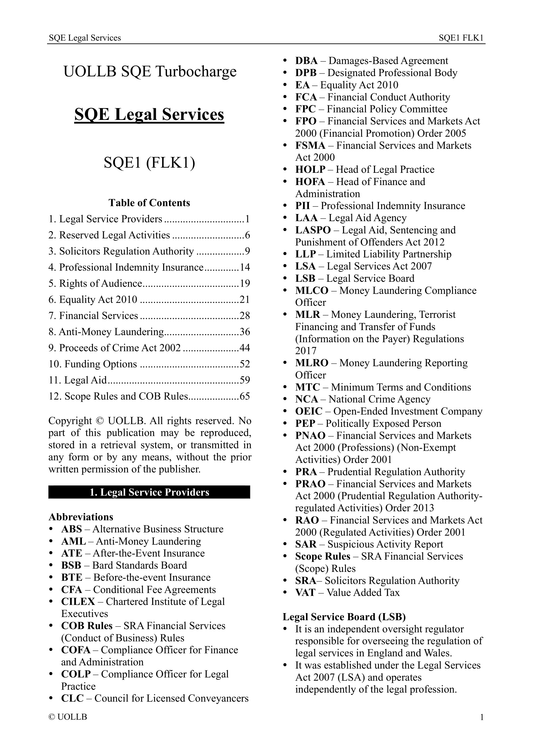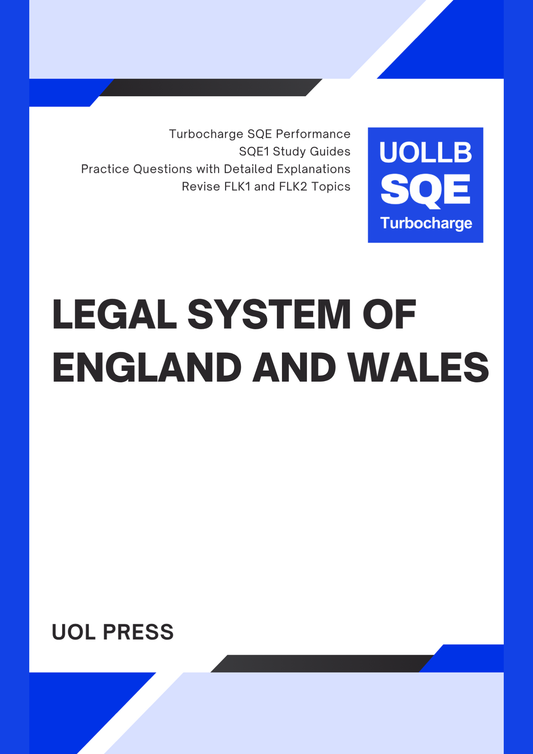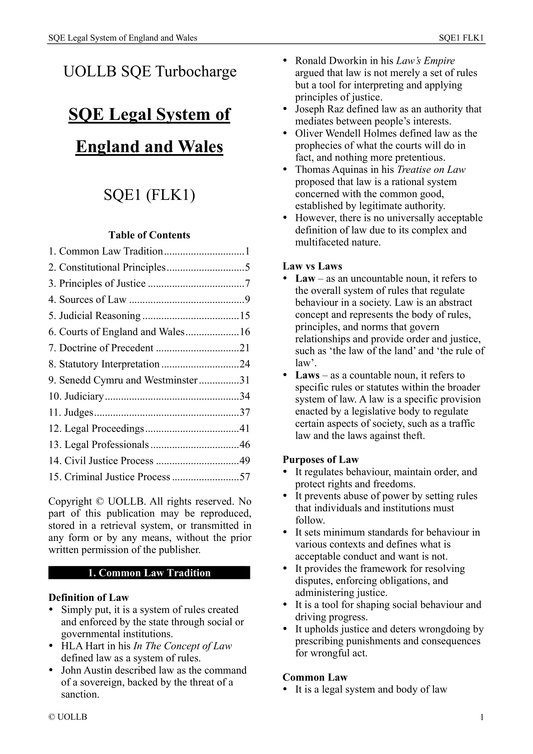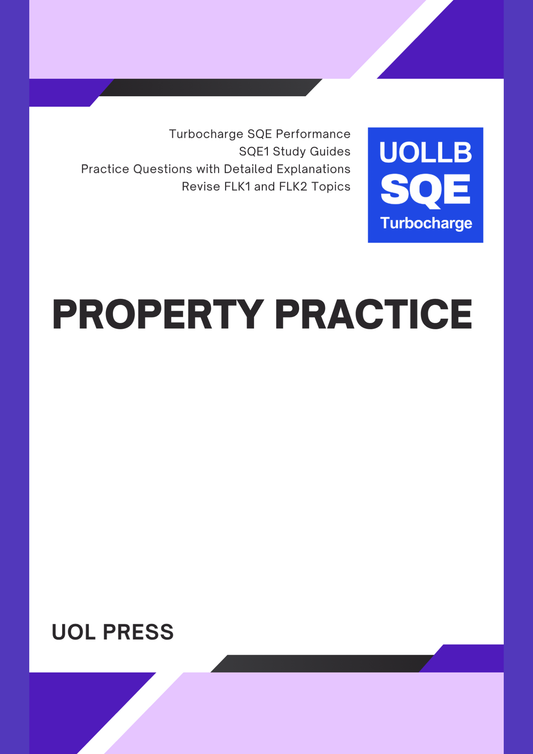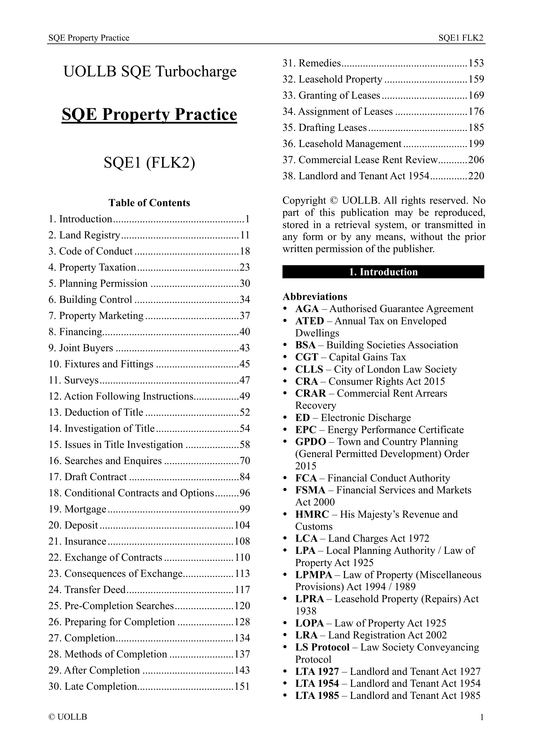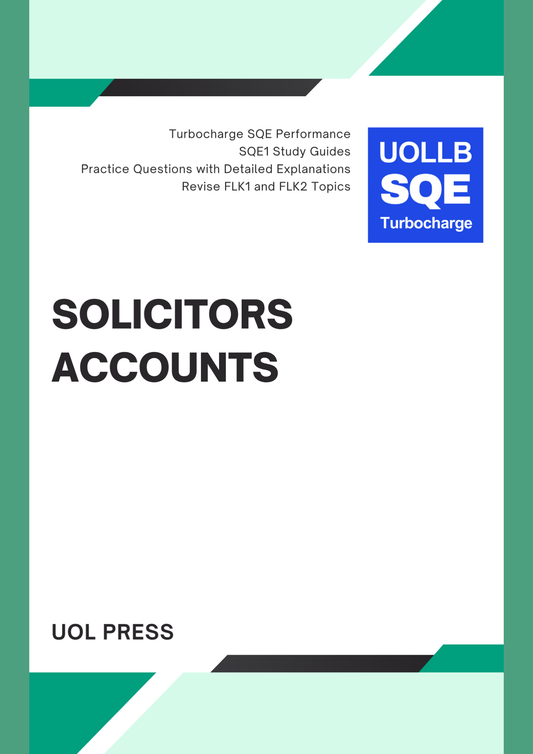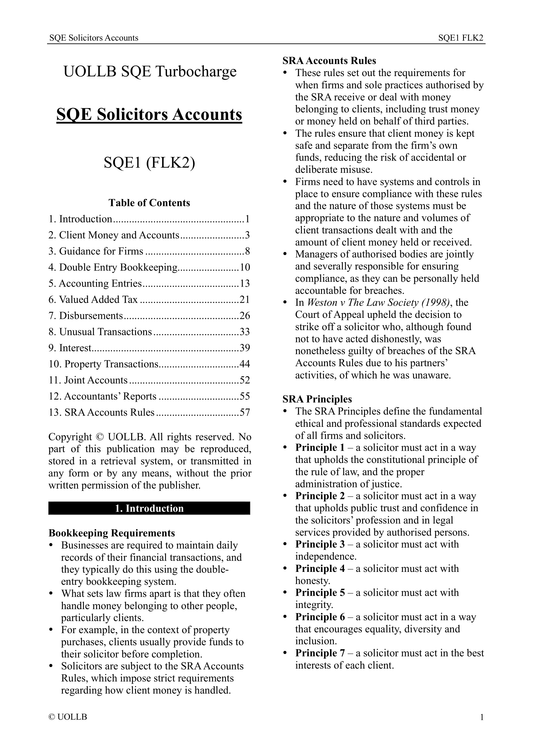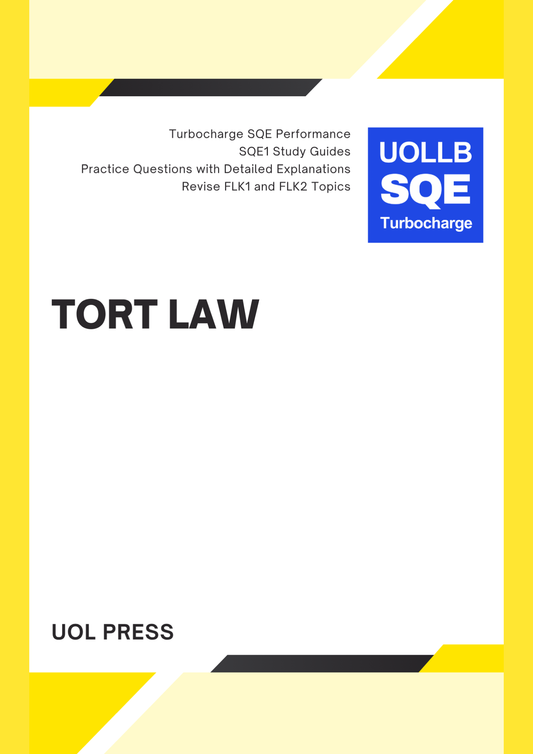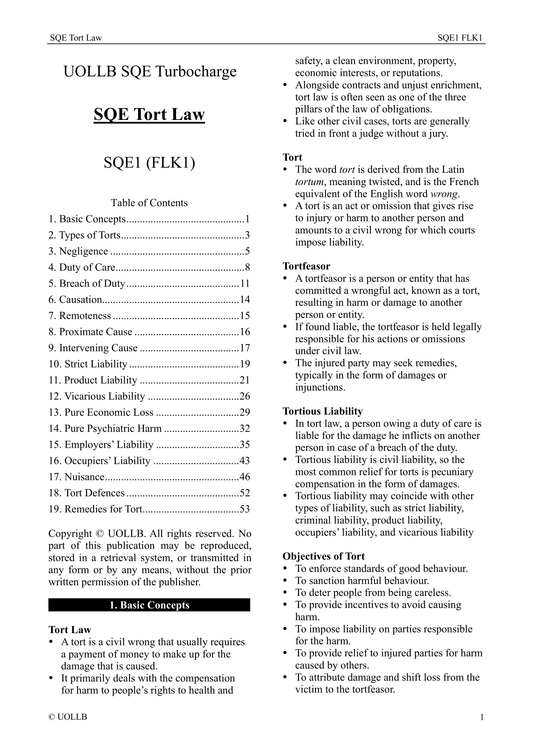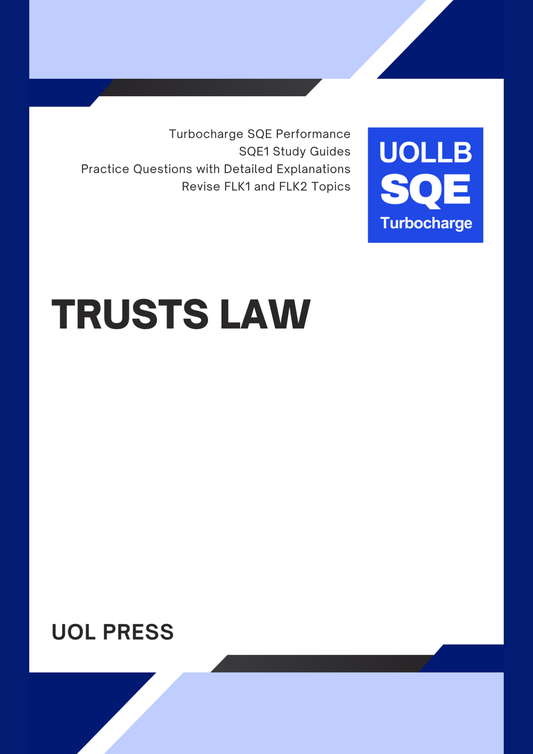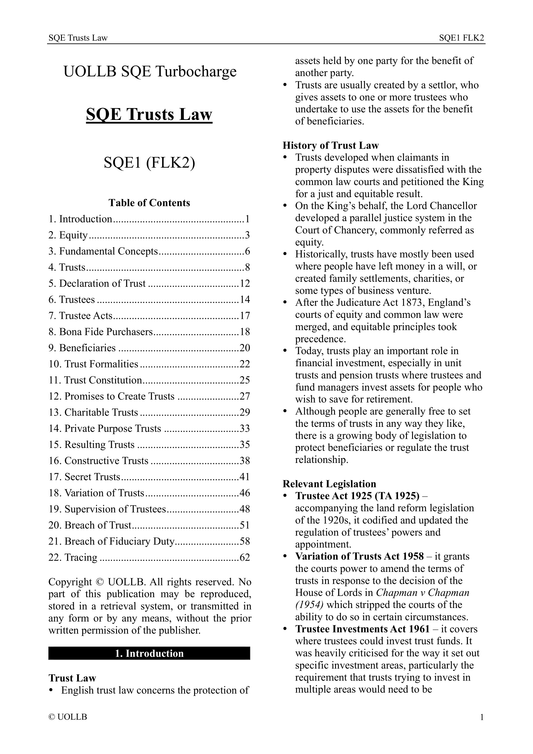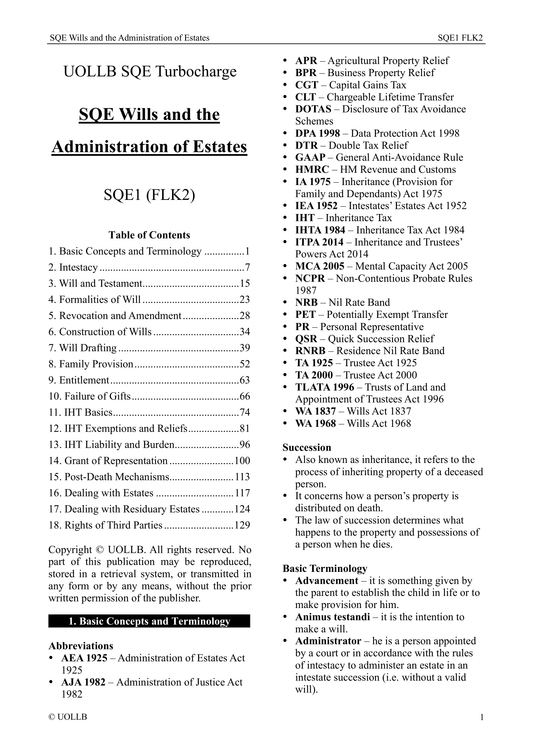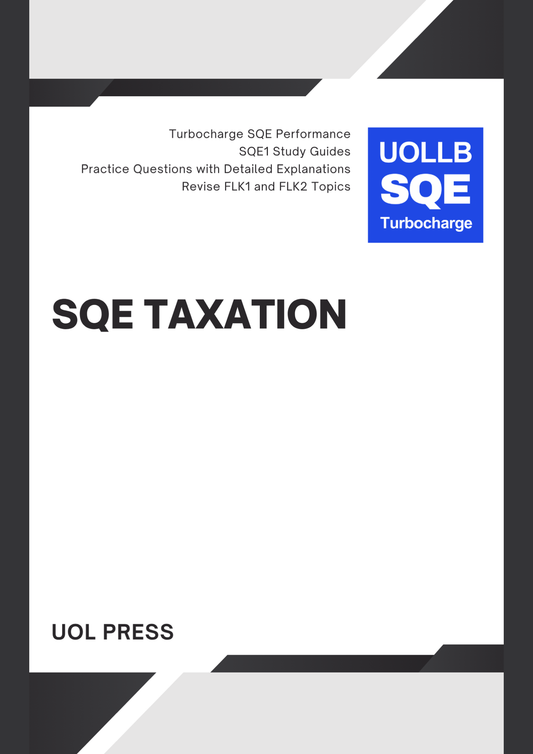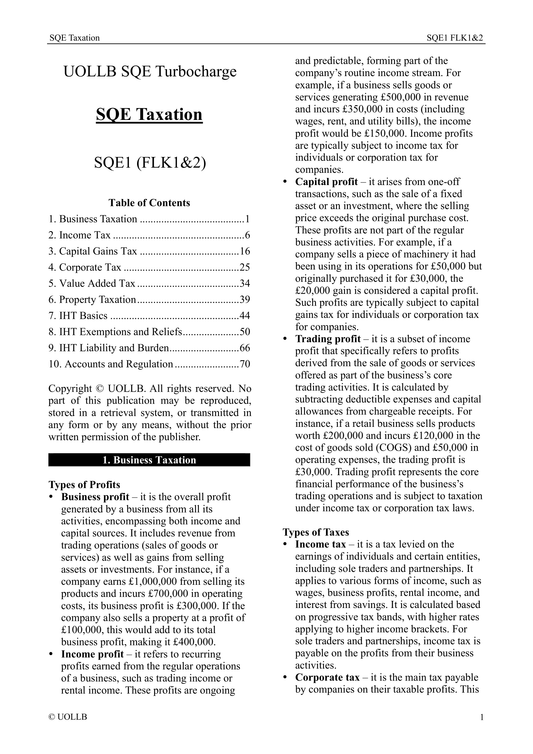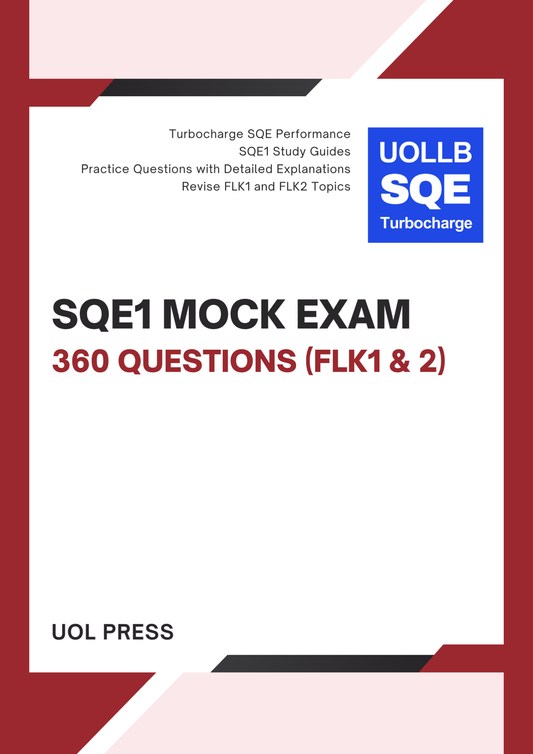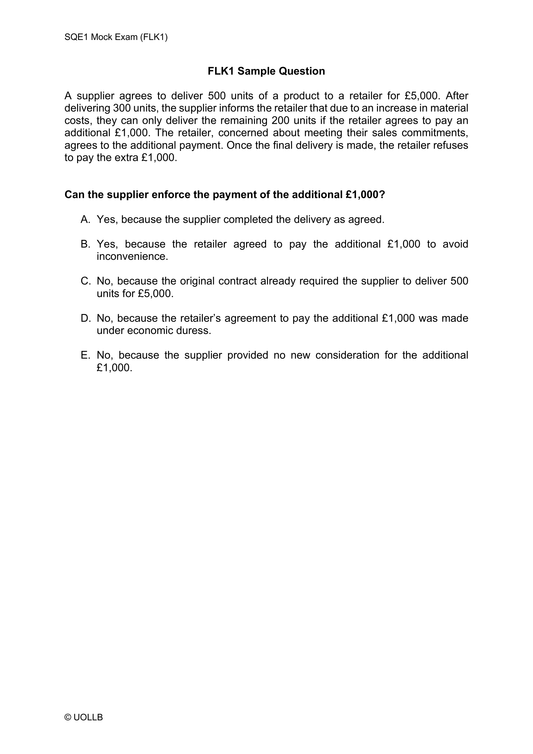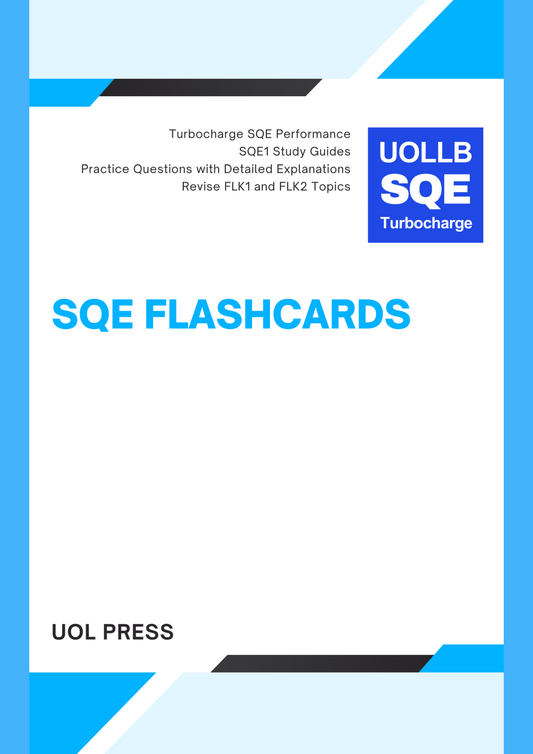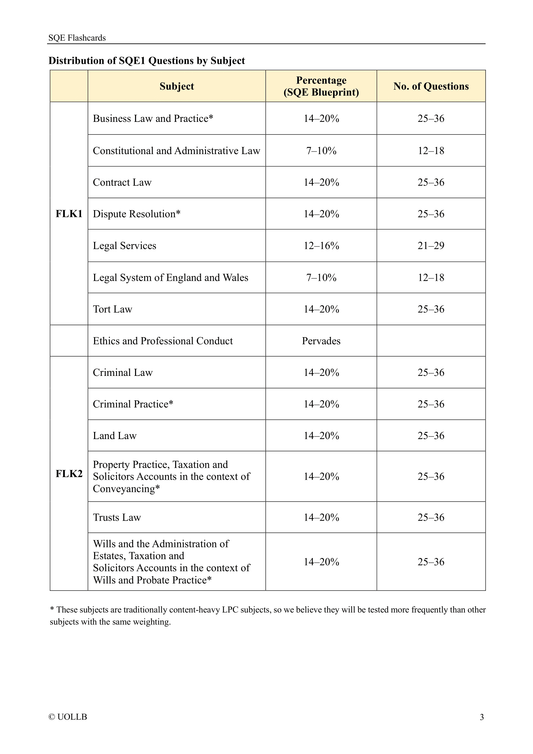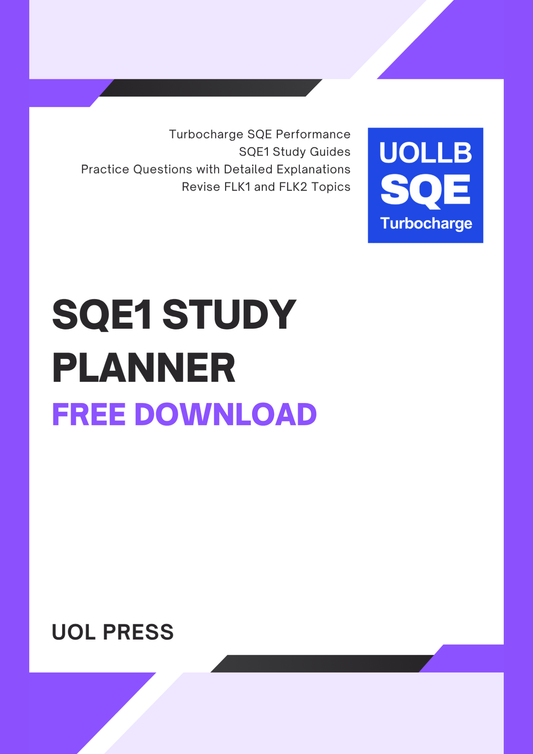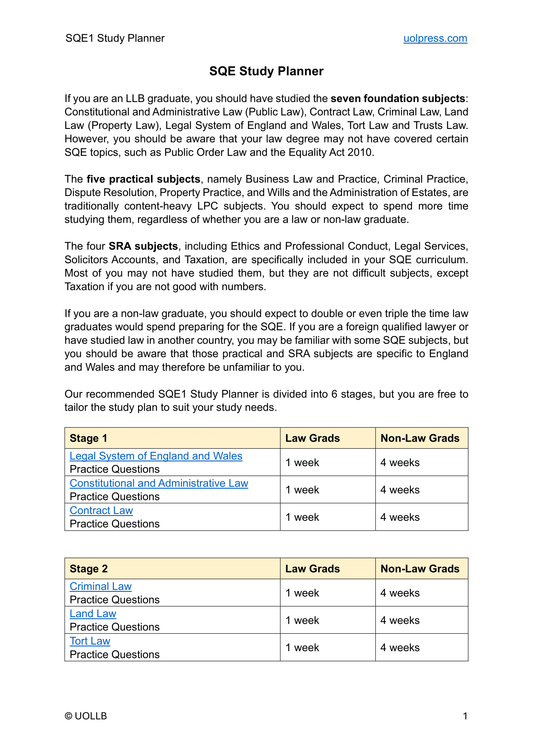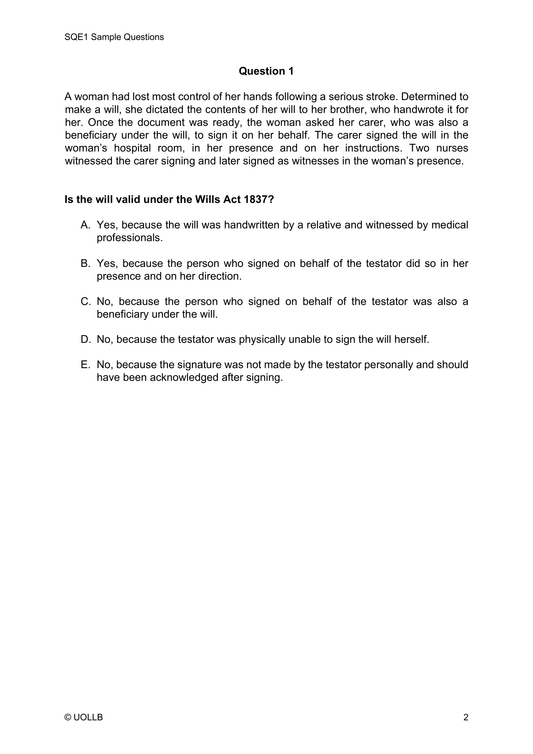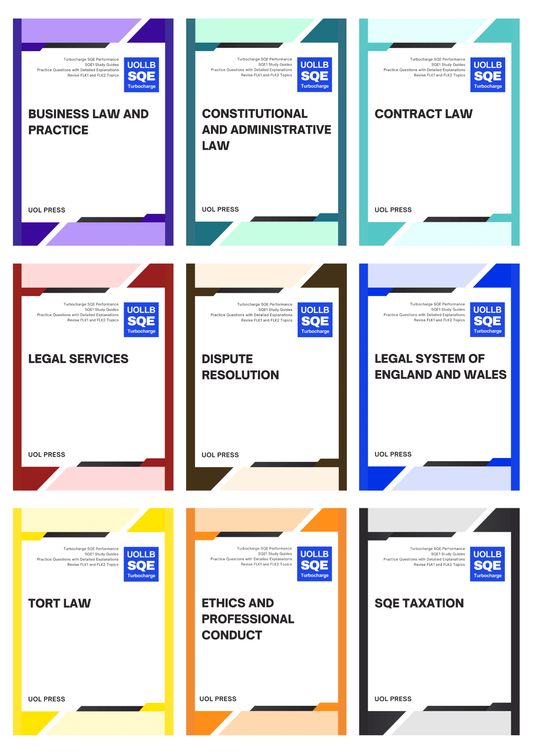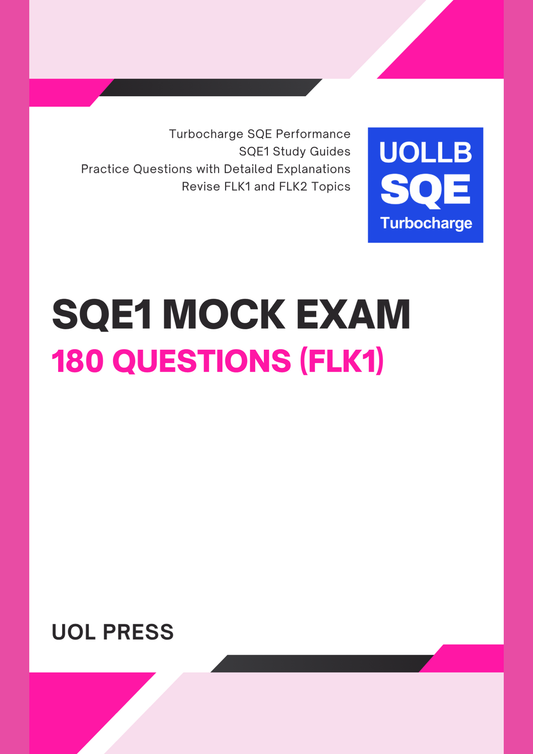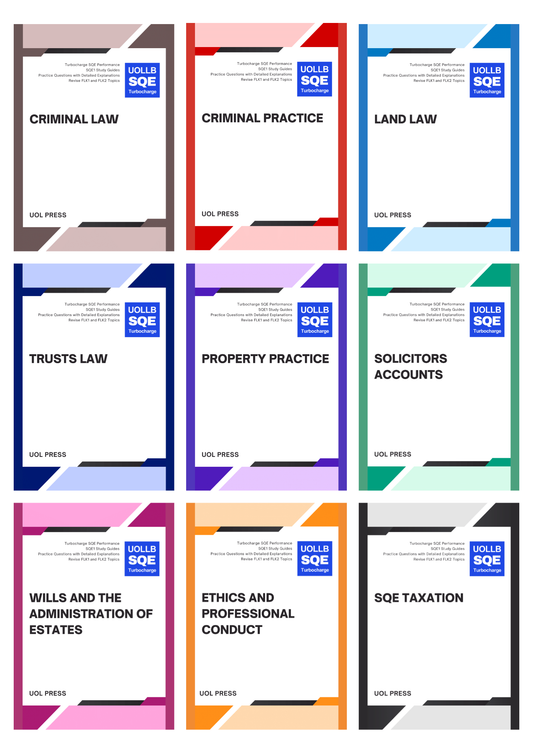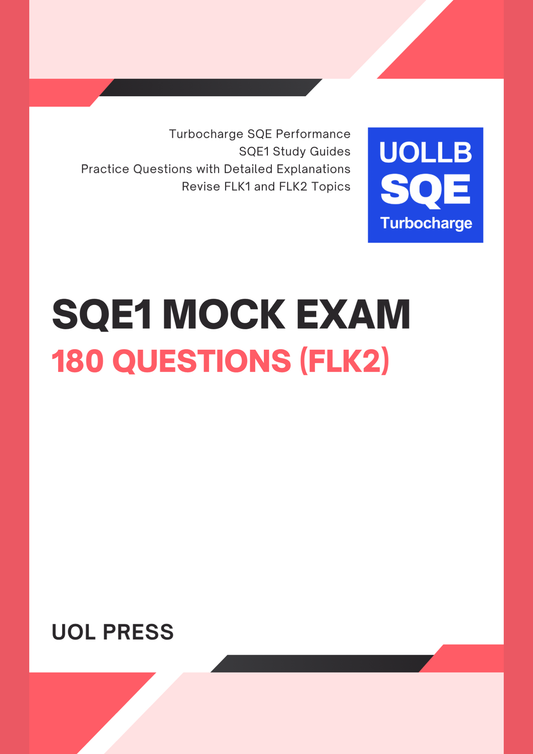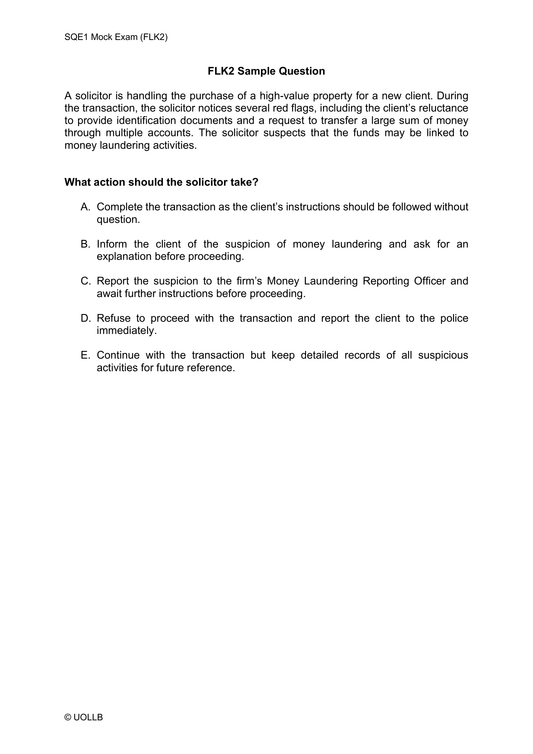Application of Law in SQE2
Share
The application of law in SQE2 is a critical aspect of the assessment and focuses on your ability to apply legal knowledge in practical scenarios effectively. The assessment criteria emphasise not only the correctness of the legal principles applied but also the comprehensiveness of their application to achieve client-centred solutions.
Identifying Relevant Legal Principles
You must demonstrate the ability to identify and prioritise the legal principles applicable to a given situation. This involves recognising the key issues at hand and understanding which laws or rules govern the matter.
Applying Legal Principles to Factual Issues
The ability to analyse factual scenarios and apply relevant legal principles is central to addressing a client's needs. This includes crafting solutions tailored to the client's circumstances, whether commercial or personal, and ensuring those solutions are practical and effective. In negotiation contexts, you must consider the best outcomes for your clients within the legal framework.
Interpreting, Evaluating, and Applying Research
Legal research is an essential skill for newly qualified solicitors. You are expected to interpret and evaluate research results critically, ensuring their application is accurate and relevant to the client's case.
Providing Informed and Analytical Advice
Advice provided during the assessments must be legally sound, informed by appropriate analysis, and reflective of different available options. You should identify the consequences of each option, helping clients make informed decisions.
Drafting Legally Effective Documents
You must draft documents that are precise, legally valid, and aligned with the client's goals. This requires an understanding of the relevant legal standards and attention to detail to ensure accuracy.
Problem-Solving and Critical Thinking
Practical problem-solving is a vital component of legal practice. You should demonstrate your ability to assess and analyse problems critically, identify potential risks, and develop strategic solutions.
Evaluating Information
You must show competency in evaluating information for reliability and relevance. This includes recognising inconsistencies, addressing gaps, and synthesising multiple sources to form coherent and reasoned conclusions.
Reaching Reasoned Decisions
Decision-making is integral to legal practice. You are expected to reach well-reasoned decisions supported by evidence and sound legal judgment. These decisions should be presented clearly and aligned with the client's interests.
You are required to demonstrate the practical and analytical skills expected of a newly qualified solicitor. You are assessed on your ability to address client needs effectively, interpret and apply legal research, provide sound advice, draft legally compliant documents, and solve problems critically.
Identifying Relevant Legal Principles
You must demonstrate the ability to identify and prioritise the legal principles applicable to a given situation. This involves recognising the key issues at hand and understanding which laws or rules govern the matter.
Applying Legal Principles to Factual Issues
The ability to analyse factual scenarios and apply relevant legal principles is central to addressing a client's needs. This includes crafting solutions tailored to the client's circumstances, whether commercial or personal, and ensuring those solutions are practical and effective. In negotiation contexts, you must consider the best outcomes for your clients within the legal framework.
Interpreting, Evaluating, and Applying Research
Legal research is an essential skill for newly qualified solicitors. You are expected to interpret and evaluate research results critically, ensuring their application is accurate and relevant to the client's case.
Providing Informed and Analytical Advice
Advice provided during the assessments must be legally sound, informed by appropriate analysis, and reflective of different available options. You should identify the consequences of each option, helping clients make informed decisions.
Drafting Legally Effective Documents
You must draft documents that are precise, legally valid, and aligned with the client's goals. This requires an understanding of the relevant legal standards and attention to detail to ensure accuracy.
Problem-Solving and Critical Thinking
Practical problem-solving is a vital component of legal practice. You should demonstrate your ability to assess and analyse problems critically, identify potential risks, and develop strategic solutions.
Evaluating Information
You must show competency in evaluating information for reliability and relevance. This includes recognising inconsistencies, addressing gaps, and synthesising multiple sources to form coherent and reasoned conclusions.
Reaching Reasoned Decisions
Decision-making is integral to legal practice. You are expected to reach well-reasoned decisions supported by evidence and sound legal judgment. These decisions should be presented clearly and aligned with the client's interests.
You are required to demonstrate the practical and analytical skills expected of a newly qualified solicitor. You are assessed on your ability to address client needs effectively, interpret and apply legal research, provide sound advice, draft legally compliant documents, and solve problems critically.

